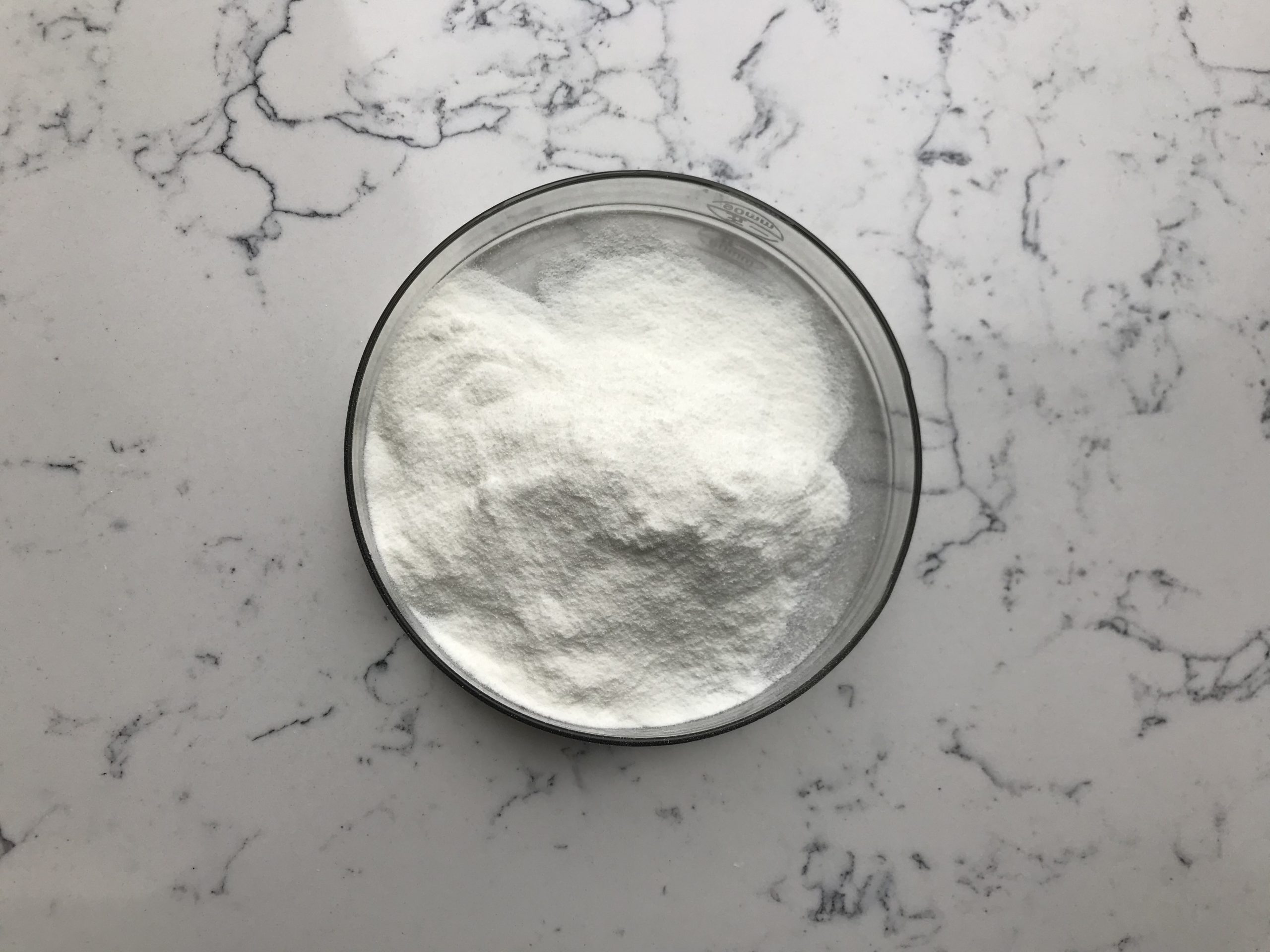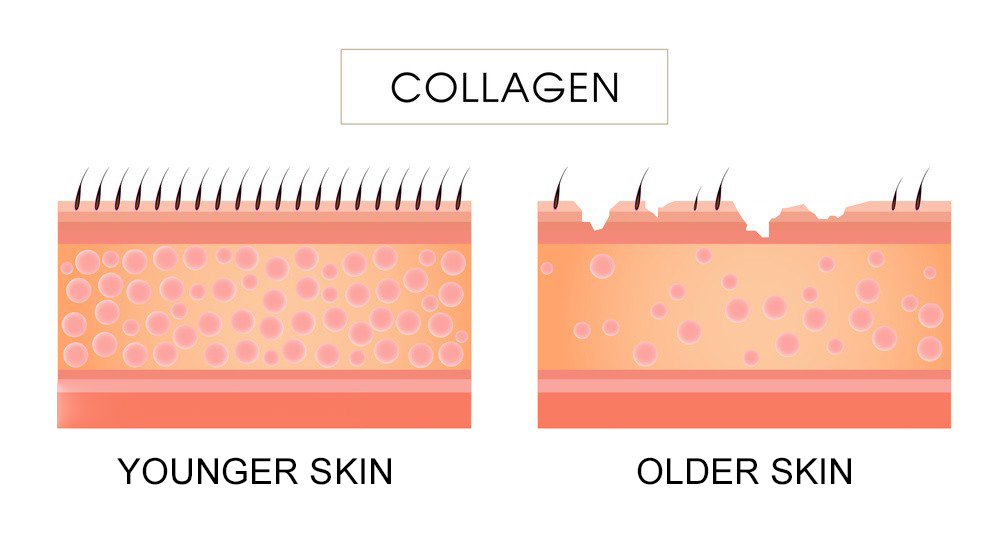Collagen is a crucial protein that serves as a major structural component of various tissues in the bodies of humans and other animals. It is the most abundant protein in mammals, accounting for about one-third of the total protein content in the body. Collagen provides strength, structure, and stability to various tissues and organs, including the skin, bones, tendons, ligaments, cartilage, blood vessels, and more.
There are multiple types of collagen, each with specific roles in different tissues:
Type I Collagen: This is the most abundant type of collagen and is found in skin, tendons, bones, and other connective tissues. It provides tensile strength and resistance to stretching.
Type II Collagen: This type is primarily present in cartilage, which is a flexible connective tissue found in joints. It provides cushioning and support to joints.
Type III Collagen: Found in skin, blood vessels, and internal organs, it supports the structure and strength of these tissues.
Type IV Collagen: This type is a crucial component of basement membranes, which are thin layers of connective tissue that separate and support layers of cells in various organs.

Collagen is made up of amino acids, particularly glycine, proline, and hydroxyproline, arranged in a unique triple-helix structure. The synthesis of collagen involves a complex process in which cells called fibroblasts produce the protein and assemble it into its characteristic fibrillar form.
Collagen’s importance extends beyond its structural role. It’s also involved in wound healing, tissue regeneration, and maintaining the elasticity and hydration of the skin. As people age, the production of collagen decreases, leading to changes in the skin’s appearance and the potential for joint issues.
Given its significance, collagen has become a popular ingredient in various skincare products, dietary supplements, and medical applications aimed at improving skin health, joint function, and more.
Potential Benefits of Collagen
Collagen is a protein that is a major component of connective tissues in the body, such as skin, bones, tendons, ligaments, and cartilage. It provides structure, strength, and elasticity to these tissues. As a result, collagen offers several potential benefits for various aspects of health and well-being:
Skin Health and Appearance: Collagen is often associated with promoting healthy and youthful-looking skin. It helps maintain skin’s elasticity and hydration, which can contribute to reducing the appearance of wrinkles, fine lines, and dryness. Collagen supplements are sometimes used to support skin health and may help improve skin texture and elasticity.
Joint Health: Collagen is a key component of cartilage, which cushions and protects joints. Supplementation with collagen may help improve joint mobility, reduce joint pain, and support individuals with conditions like osteoarthritis.
Bone Health: Collagen is present in bones and contributes to their structural integrity. Some research suggests that collagen supplements may support bone density and strength, particularly in individuals with conditions like osteoporosis.
Muscle Mass and Recovery: Collagen contains amino acids, including glycine, proline, and arginine, which play roles in muscle growth and repair. Collagen supplements may help support muscle recovery after exercise and potentially contribute to maintaining muscle mass.
Hair and Nail Health: Collagen is a component of hair and nails, and its supplementation might contribute to stronger and healthier hair and nails.
Digestive Health: Collagen may help promote gut health by supporting the lining of the digestive tract. Some people believe that collagen supplements can aid in healing leaky gut syndrome, although more research is needed in this area.
Heart Health: Collagen is found in blood vessels, and some studies suggest that collagen supplementation might contribute to maintaining cardiovascular health. However, more research is needed to establish a clear connection.
Wound Healing: Collagen is involved in wound healing processes, as it provides a scaffold for new tissue growth. Some topical collagen products are used to aid in wound healing and tissue repair.
Weight Management: Collagen protein can promote satiety and fullness, which might indirectly support weight management by reducing the likelihood of overeating.

It’s important to note that while collagen supplements have gained popularity, scientific research on their effectiveness is still evolving, and not all potential benefits are firmly established. The body’s ability to absorb collagen from supplements varies, and the results can be influenced by factors such as the specific type of collagen, the dosage, and an individual’s overall diet and health.
As with any supplement, it’s a good idea to consult with a healthcare professional before starting collagen supplementation, especially if you have any underlying health conditions or are taking other medications. Additionally, consuming a balanced diet rich in nutrients that support collagen production, such as vitamin C and thesis.protein, can also contribute to overall health and the body’s natural collagen synthesis.
